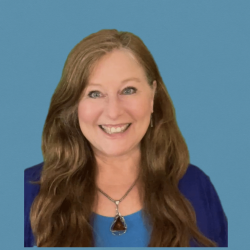Inside spiritual roles, we might think of Great Spirit, soul archetypes, angels, spirit guides, young souls, old souls, nonphysical ancestors and helpers, Buddha, God or Source … you get the idea. There are an infinite number of ways to describe different roles inside the personal reality that we each choose to live inside.
And whatever word you happen to use to describe yourself, you have opinions about that too. The labels we use come with expectations, and we’ll explore that in a deeper way in a future post or video. For now, I’m inviting you to see the infinite ways we can use to describe ourselves and others and why that matters.





